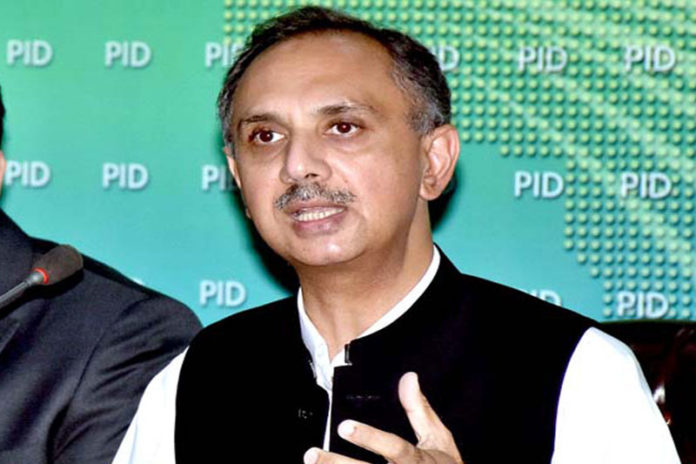Published on: August 28, 2025 2:26 PM

Pakistan faces another wave of flash floods across Khyber Pakhtunkhwa, Gilgit-Baltistan, and Punjab, highlighting the country’s growing vulnerability to climate disasters and urgent need for recovery and resilience funding.
A Post-Disaster Needs Assessment after the 2022 floods estimated economic losses at $14.9 billion and total recovery needs at $16.3 billion. Donors pledged $10.9 billion at the 2023 Geneva conference, but only 20% has been mobilized since.
Images of flooded villages, destroyed crops, and displaced families underline the high human and economic cost of slow aid delivery. Critical recovery and resilience-building projects remain stalled, delaying much-needed assistance to vulnerable communities.
The World Bank estimates Pakistan requires $348 billion over the next seven years to address climate and development challenges. So far, only $3.4 billion of pledged funds has been executed, mainly by multilateral institutions such as the World Bank, ADB, AIIB, and IDB.
Agriculture and livelihoods, the hardest-hit sectors, have received less than $200 million in support, about 4.5% of their need. This funding imbalance threatens long-term economic stability and undermines rural recovery efforts across flood-affected areas.
The Paris Club pledged $799 million, but only 14.6% was disbursed by August 2024. Remote districts in Balochistan and Sindh remain underserved, while infrastructure projects attract most concessional loans, leaving health, governance, and social inclusion underfunded.










